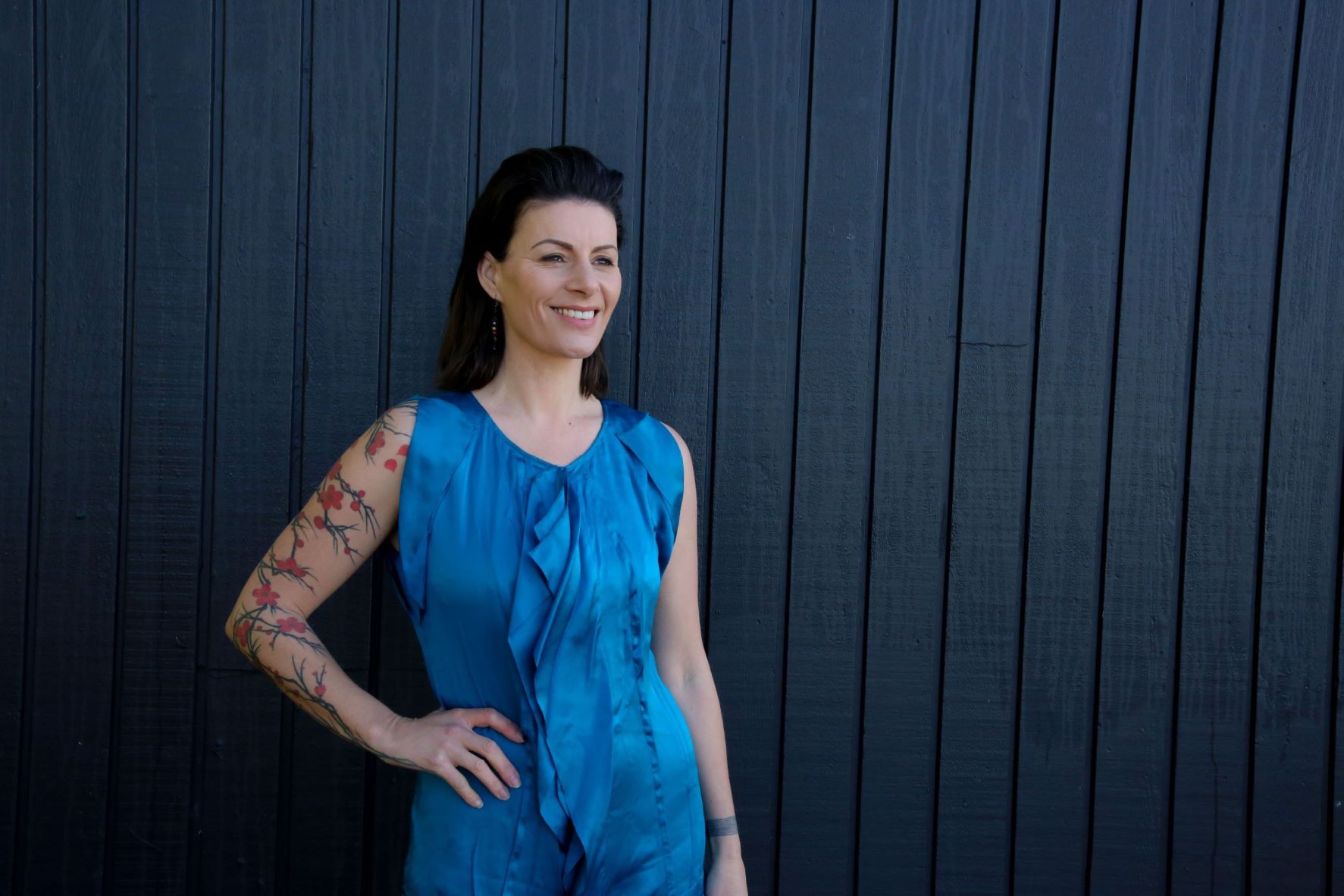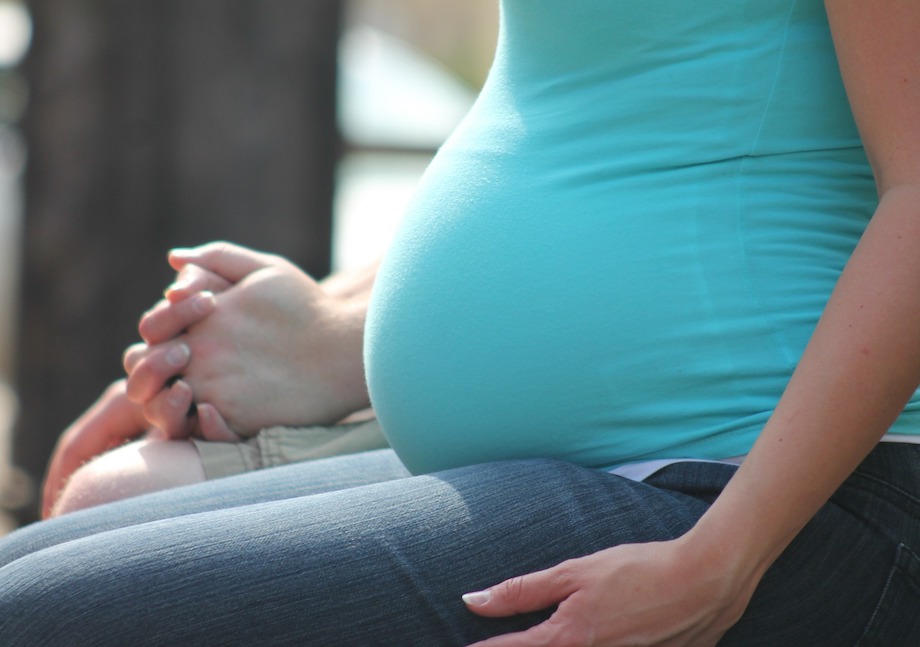
What is the 4th trimester?
Human babies are so much more fragile and vulnerable at birth than most other mammals. Many baby animals are born with survival instincts that allow them to get up and walk or run as soon as they are born. Human babies totally depend up on their parents for this basic survival. They also totally depend upon their parents to help soothe them. They just don’t know how to do this for themselves until many months down the track.
James McKenna, Ph.D suggests that when primitive women evolved to stand up on two legs, the shape of the female pelvis became narrower and resulted in human babies being born three to four months earlier, before their heads grew too large to pass safely through the birth canal. And so this first 3 to 4 months is considered the 4th trimester, which is a time when parents can help their baby make a peaceful transition from womb to world. Experts say that the 4th trimester allows baby time for their brain and central nervous system to mature and be able to respond to the outside world.
What can parents do to enable a peaceful transition? Respond, respond, respond!
Babies during this period need to know that you are there for them, that they’re not alone and that the more you respond to your baby during this transitional period, the more secure, settled, independent and confident they will become. Babies are experiencing so many firsts: the pain of hunger, bright lights, stillness, quietness, separation and loneliness.
Mothers have known much of this instinctively for centuries, however the onset of many sleep trainers has caused some parents to doubt their instincts, to set unrealistic feeding and sleeping expectations, potentially doing long-term damage.
Trust your instincts and respond to your babies needs; allow your baby the courtesy of supporting them during this delicate and possibly very scary time.
Check out these excellent websites for more well researched reading and information and beware of sleep trainers/consultants who are telling you that normal infant behaviour (feeding and sleeping patterns) are a problem!







